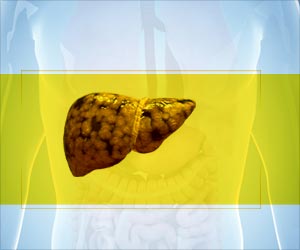A major research project is to be launched by researchers from the UK and Netherlands in the hope of identifying the cluster of genes associated with
A major research project is to be launched by researchers from the UK and Netherlands in the hope of identifying the cluster of genes associated with cancer. The research will be led by Dr. Julian Downward from Cancer Research UK’s London Research Institute, along with Dr. René Bernards of the Netherlands Cancer Institute. This research will build on the success of the human genome project and will have scientists looking at nearly 10,000 genes, inactivating one at a time to find out precisely what they do and how they contribute to the development of cancer. They hope that this effort will ultimately lead to the creation of new drugs that target rogue cancer-causing genes.
Scientists will use a process called RNA interference to switch off certain genes and leave others unaffected. This process was first identified as taking place in the nematode worm. It was discovered that the worm used tiny pieces of double-stranded RNA to switch off rogue genes that would otherwise harm it. Subsequently, researchers found that synthetically produced RNA sequences could be used to target genes in human cells. Using this discovery, scientists will bombard cancer cells with 30,000 pieces of interference RNA in an effort to discover the genetic essence of a malignant cell. The researchers will then screen the treated cells for those that have reverted to type and become normal again. They hope that those genes switched off by RNA interference in these cells may represent a crucial group of genes, which future anti-cancer drugs could target.Dr. Downward concluded that they were confident that they would precisely find out what needs to be taken away from cancerous cells to make it normal again. Sir Paul Nurse, Chief Executive of Cancer Research, UK, on the other hand, added that the next challenge for scientists was to unravel the mystery of each human gene and find out what each gene was doing. This would help in working out which of them are playing important roles in cancer and other diseases.










